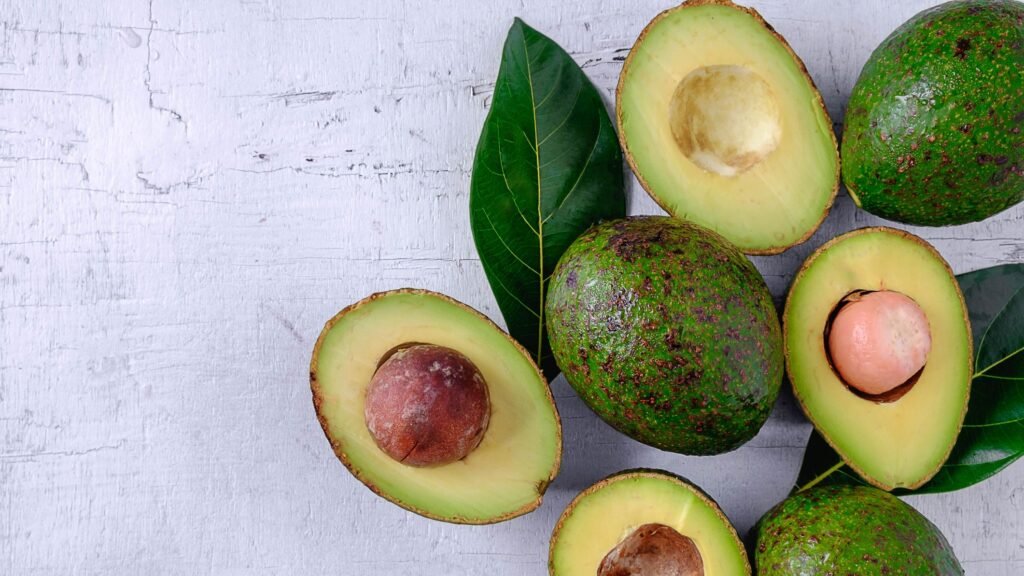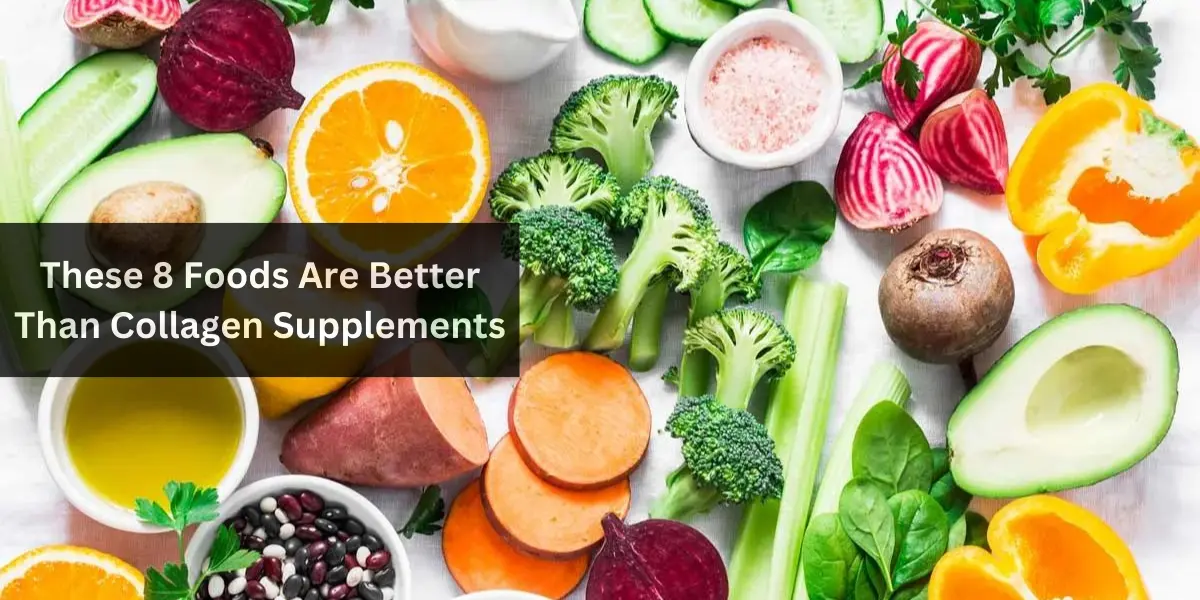In the quest for youthful, radiant skin, collagen supplements have gained popularity. But what if I told you that there are natural, delicious alternatives that can provide even better results? In this article, we’ll explore eight foods that are packed with nutrients to support collagen production and promote healthy, glowing skin. Say goodbye to supplements and hello to a plateful of natural beauty!
1. Salmon: The Omega-3 Powerhouse

Salmon is a superstar when it comes to supporting healthy skin. Rich in omega-3 fatty acids, it helps maintain the skin’s lipid barrier, keeping it hydrated and supple. Additionally, salmon is loaded with protein, a crucial building block for collagen production.
2. Berries: Antioxidant-Rich Beauties

Berries, like blueberries, strawberries, and raspberries, are bursting with antioxidants. These powerful compounds help protect your skin from free radical damage, which can lead to premature aging. Plus, they’re a sweet and colorful addition to your diet.
3. Bone Broth: Collagen from Within

Instead of taking collagen supplements, why not go straight to the source? Bone broth is a treasure trove of collagen, along with other essential nutrients like amino acids and minerals. It’s like a warm, comforting elixir for your skin.
4. Citrus Fruits: Vitamin C Boosters

Oranges, lemons, and grapefruits are rich in vitamin C, a key player in collagen synthesis. This vitamin helps your body convert amino acids into collagen fibers, providing the structural framework for your skin.
5. Leafy Greens: Nature’s Skin Detox

Kale, spinach, and other leafy greens are packed with chlorophyll, a natural detoxifier. By supporting your liver’s cleansing function, they help maintain clear, glowing skin from the inside out.
6. Avocado: Healthy Fats for a Healthy Glow

Avocado is a rich source of healthy monounsaturated fats that help keep your skin hydrated and plump. It’s also packed with vitamin E, an antioxidant that protects your skin from damage caused by UV rays and pollution.
7. Almonds: Snack Your Way to Beautiful Skin

Almonds are a fantastic source of vitamin E, which helps nourish your skin and protect it from environmental stressors. Munching on a handful of almonds is not only a tasty snack but also a great way to support your skin’s health.
8. Sweet Potatoes: Beta-Carotene Boost

The bright orange hue of sweet potatoes is a clue to their high beta-carotene content. This antioxidant is converted into vitamin A in your body, promoting healthy skin cell production and repair.
Conclusion: Nature’s Beauty Secrets
While collagen supplements have their merits, there’s no substitute for the natural goodness of whole foods. By incorporating these eight nutrient-rich options into your diet, you’re not only supporting collagen production but also nourishing your skin with a spectrum of vitamins, minerals, and antioxidants. It’s like giving your skin a bouquet of nature’s finest!
FAQs
1. Can I still use collagen supplements alongside these foods?
Absolutely! There’s no harm in complementing your diet with collagen supplements if you choose to. However, focusing on whole foods provides a broader range of nutrients for overall skin health.
2. How long does it take to see results from incorporating these foods into my diet?
Results vary from person to person, but with consistent consumption of these nutrient-rich foods, you can start noticing improvements in skin health within a few weeks to a couple of months.
3. Are there any specific foods I should avoid for healthy skin?
While these foods are beneficial, it’s also important to limit the intake of processed sugars and trans fats, as they can contribute to skin inflammation and premature aging.
4. Can these foods help with other skin concerns like acne or eczema?
Absolutely! A balanced diet rich in these nutrient-dense foods can help support overall skin health, potentially reducing the severity of skin conditions like acne or eczema.
5. Can I get enough collagen from food sources alone, without supplements?
Yes, you can. Incorporating collagen-rich foods like bone broth, along with a variety of nutrient-dense options, provides your body with the building blocks it needs for collagen production.

